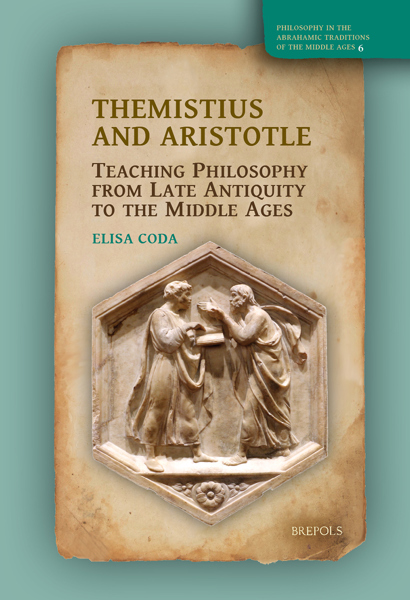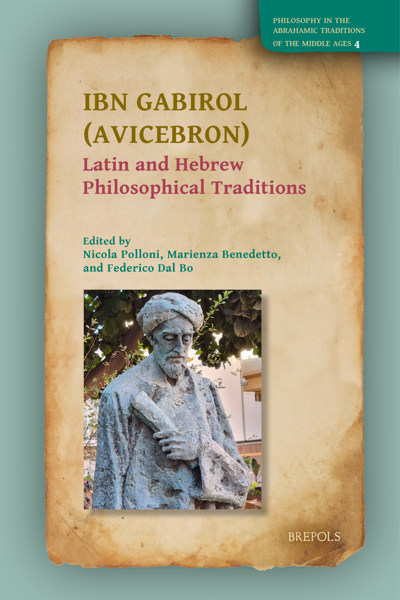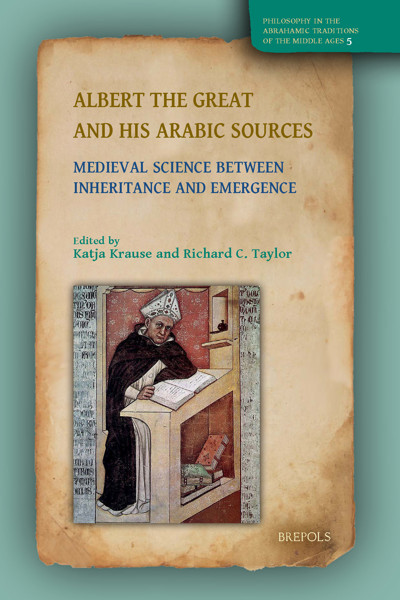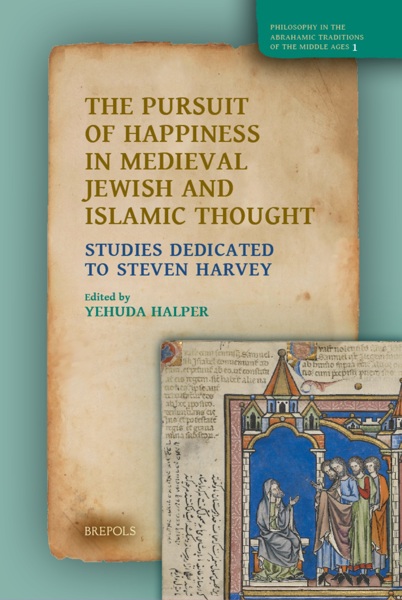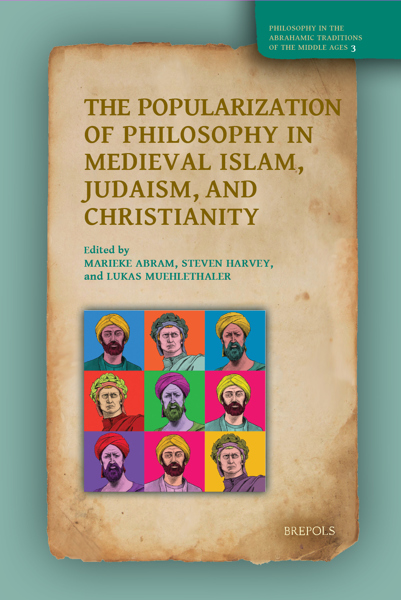
- Pages: 302 p.
- Size:156 x 234 mm
- Language(s):English
- Publication Year:2024
- € 110,00 EXCL. VAT RETAIL PRICE
- ISBN: 978-2-503-58164-4
- Hardback
- Available
- € 110,00 EXCL. VAT RETAIL PRICE
- ISBN: 978-2-503-58165-1
- E-book
- Available
The first book to look closely at Themistius’ philosophical thought and his understanding of Aristotelian philosophy, showing how Themistius’ teachings proved decisive in the medieval understanding of Aristotle among Arabic and Hebrew readers as well as in the universities of the Latin Europe.
The monograph Themistius’ and Aristotle: Teaching Philosophy from Late Antiquity to the Middle Ages is the first book-length scholarly treatment of Themistius’ philosophy in all its principal aspects: metaphysics, physics, and psychology. The monograph is philosophically sophisticated, erudite, thorough in its treatment of these subjects, and lucidly and convincingly written. As such, it is a welcome contribution to growing scholarship on late antique and medieval philosophy.
Alexander Treiger, Dalhousie University
"...an essential read for anyone interested in a current, up to date, and synthetic account of a philosopher whose dramatic impact on the history of philosophy is only starting to be properly unpacked." (Yoav Meyrav, in Bryn Mawr Classical Review, September 2025)
"We do not have to choose between Alexander and Themistius, let alone adopt any one of the exegetical options developed after they worked. (...) This does not mean, I hasten to add, that the study of what the ancient and medieval interpreters have accomplished becomes redundant or is deprived of historical and philosophical value. It only means that the fruits of their exegetical labor must be studied for their own sake and not for the sake of understanding Aristotle. This is exactly what Elisa Coda has done for Themistius. We must be grateful to her because it is through her work--work that meets the highest standard of scholarship--that we now have a better understanding of the historical and philosophical significance of what Themistius accomplished as an interpreter of Aristotle." (Andrea Falcon, in The Medieval Review, October 2025)
Elisa Coda is research assistant in the Department ‘Civiltà e forme del sapere’ at the University of Pisa, Italy, and a Marie Sklodowska-Curie Fellow (Project THEIA). Her main research interests are Aristotelian heritage in Arabic and Hebrew, with special attention to cosmology and the doctrine of the soul.
This is the first book length examining closely Themistius’ philosophical thought and his understanding of Aristotelian philosophy. Themistius, well known as an eloquent orator and political personality of Constantinople during the fourth century ad, is an influential commentator on works of Aristotle. By assessing both of these aspects of Themistius’ intellectual accomplishments, the present work explores and contextualizes his thought in both his paraphrases of the works of Aristotle and in his orations. Themistius’ interpretation of Aristotelian thought, deeply influential in both the Arab and Latin worlds, and his strategy for teaching Aristotle, even outside the professional schools of philosophy, are major foci of this study.
In particular, this work explicates Themistius’ understanding of the nature and causality of the First Principle, of the cosmic order, and of the human soul and intellect. It argues that Themistius’ approach reflects not only the systematization imparted by Alexander of Aphrodisias to the doctrines of Aristotle, but also the increasing, though oftentimes silent, influence of Plotinus. This is evident in the consideration of the three philosophical issues of God, cosmos, and soul analysed in Themistius, which reveal the preponderance of Plotinus’ philosophy reflected in the Themistian orations. Concomitantly, it explores how Themistius’ teachings proved decisive in the medieval understanding of Aristotle both among Arabic and Hebrew readers, as well as in the universities of Latin Europe. As such, this study challenges our understanding of philosophy in fourth-century Constantinople.
Preface, by R.C. Taylor
Introduction
Chapter 1. Themistius. Philosophy and the Empire
Chapter 2. God. A Revised Aristotelian Theology
Chapter 3. Cosmos. Heavens, Matter, Form, and God Again
Chapter 4. Soul. Peripatetic Psychology Revisited
Conclusion
Appendix I. Arabic, Hebrew, and Latin Translations of Themistius’ Paraphrases
Appendix II. The Sources of Themistius, In Metaph. XII, ed. by Meyrav, p. 8.16–28
Appendix III. Themistius in the Arabic Bio-bibliographical Sources
Bibliography
Index of Manuscripts
Index of Names, Ancient and Premodern
Index of Names, Modern and Contemporary
Index of Passages Cited
